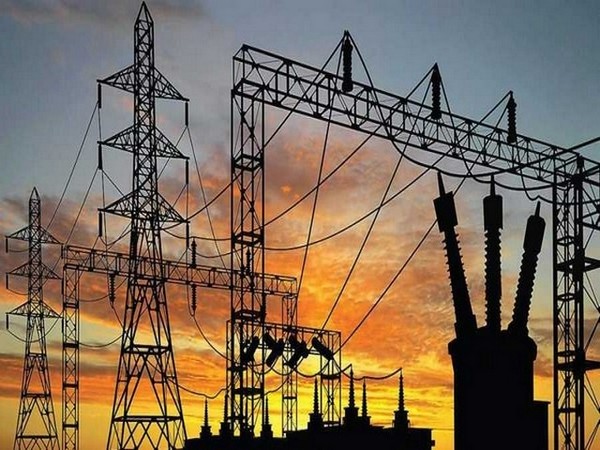Global rating agency Moody’s has expressed strong confidence in the growth trajectory of India’s power sector despite the weak mandate for Prime Minister Narendra Modi’s BJP, which could hinder sectoral reforms.
Moody’s highlighted that investments in renewable energy and electricity transmission will continue to drive the sector over the next six to seven years. The agency expects power demand in India to grow by 5 to 6 percent annually during this period. It also noted that coal-based generation capacity additions will likely support baseload requirements.
The rating agency also pointed out that renewable energy companies, which are largely funded by debt, will experience high financial leverage over the next three years. However, the industry benefits from consistent government regulations and policies that support the transition to renewable energy, enabling power companies to progress despite high debt levels.
Moody’s emphasised the importance of the renewable energy sector, saying that India needs to add around 44 gigawatts (GW) to meet its target of 500 GW of renewable energy capacity by 2030. Achieving this target will require an investment of $190 billion to $215 billion over the next seven years. An estimated $150 billion to $170 billion will also be needed for electricity transmission, distribution, and energy storage to accommodate the incremental renewable energy capacity.
The rating agency highlighted that strong policy support has enabled India to increase the share of renewable energy in its power capacity mix to around 43 percent in the fiscal year 2023-2024. Moody’s also underlined that continued policy support will help India make significant progress towards its 2030 transition targets and its 2070 net-zero targets.
India aims to achieve 500 GW of renewable energy installed capacity by 2030. The country has also set a target to produce 5 million tonnes of green hydrogen by 2030, supported by 125 GW of renewable energy capacity.














